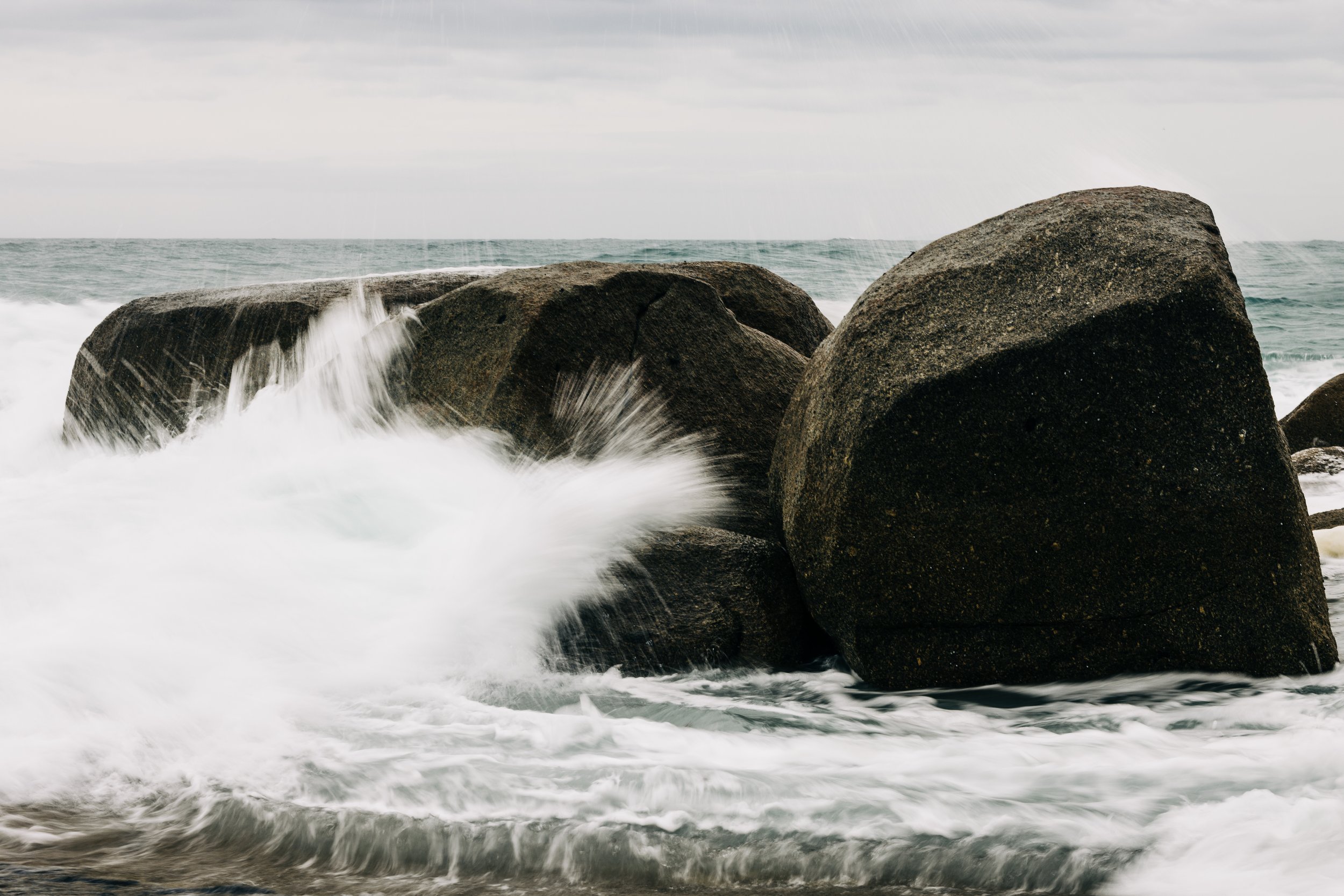
Wooden barrels are a crucial part of whisky production. By Australian law, a whisky must be aged in a wooden barrel for a minimum of 2 years. We have hundreds of oak barrels maturing in the bond store on the Furneaux Farm. Some of these will mature in the next few years, for others we will be waiting until after 2030 to taste their delicious cargo!
The style of the barrel, its timber, its age and origin, if it held liquid previously, all of these factors will determine the flavour the barrel will impart to the whisky as it ages. The barrel will "breathe", expanding and contracting in the heat and cold, drawing the spirit in and out of the wood.
This means that distillers whose spirit requires aging (dark spirits such as whisky, brandy or rum) are constantly seeking out quality barrels. Whisky can be aged in a wooden barrel of any type, and indeed, modern distilleries are becoming increasingly experimental with the barrels they select. They range from unused "virgin" oak to Australian timber like red gum or jarrah, wine barrels, mezcal barrels from Mexico, or rum barrels from the Caribbean.
Historically, barrels used to mature bourbon have been prevalent due to the industry's law that bourbon can ONLY be matured in a virgin cask, so the secondary market is vast. Wine barrels such as Sherry and Port are also very popular; a slow evolution from a time when timber barrels were the only method of transporting liquid, often a barrel would arrive in Scotland full of Port or Sherry, then would be sold to a distillery once it was emptied. The distillers would find the residual wine in the timber imparting a delicious rich, fruity flavour to their maturing whisky, and voila! A style is born.
On a recent trip up to visit lucky enough to make friends with the team at Campbells Wines in Rutherglen, northern Victoria. Since the first grapes were harvested in the 1850s, Rutherglen has been recognised for producing world-class fortified wines. These unique wines result from a combination of factors – the climate, grape variety, soils, the blending skills of the winemaker and the stocks of these wines reserved by past generations.
We stopped in for a tasting (and walked away with a box of wine each) and were shown through their winery and barrel sheds. What an amazing producer! The history at Campbells Wines dates all the way back to the mid-1800s when John Campbell came across to Australia from Scotland on a ship called the Merchant Prince. John arrived in Rutherglen to dig for gold and ended up planting some gold instead, with his first vintage produced in 1870.
At Campbells, the winemakers use a modified solera system to age their Muscats and Topaques to ensure consistency of quality. There is a solera for each of the classifications of Muscat and Topaque with the ‘rare solera’ containing the wines of four generations of Campbells. Solera is a beautiful thing, with some of these barrels residing in the solera system for up to 100 years!
We were over the moon when the team at Campbells said we could take a selection of these quality ex solera muscat casks home with us (we made sure to ask for a bit of muscat left in them of course!). A truck came to pick them up in Rutherglen, take them all the way down to southern Victoria, onto a barge next to a mob of cattle, then over Bass Strait to make their way to the Furneaux Farm at Sawyers Bay.
The barrels are "puncheons" (450l capacity), and are such beautiful artifacts that we are leaving them mostly unchanged. However, we do need to give these casks a bit of a spruce up so they will be the best quality for maturing whisky. This is where the cooper comes in.
Living on Flinders Island teaches you quickly about self-sufficiency. You can't simply run to Bunnings or call a cooper at a moment's notice. So, when something needs fixing, you learn to fix it yourself. At the distillery, we've been teaching ourselves the ancient art of cooperage—disassembling old casks, shaving back their staves, toasting the wood, and reassembling them. It's easier said than done! The aroma that fills the air as we toast them with oak cuttings from old barrels is one of the most exquisite experiences we've ever had, reminiscent of warm mulled wine. Toasting and charring the cask catalyses key changes in the wood, from opening up the timber to interaction with the spirit, enhancing flavours of vanilla, and activating a layer of charcoal which will act as a filter to certain impurities in the spirit.
We've got some exciting plans with these barrels, so stay tuned as we age, finish and bottle from these casks in the future. In the meantime, try our other whiskies, Sawyers Bay Single Malt matured in ex-sherry and bourbon, Smoky Wedding matured in American Oak ex-Bourbon casks, and our Sawyers Bay Peated Finish, matured in second fill casks for a lighter oak influence.







